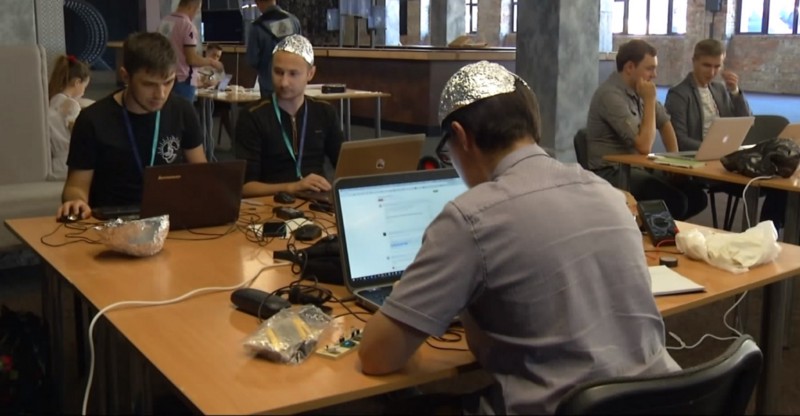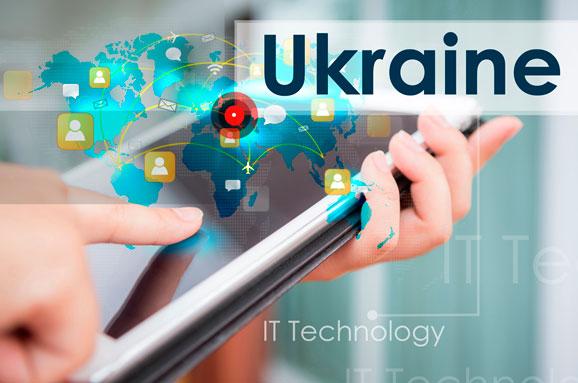Normally – not. But for these two young Swedes, this was the case.
Andreas Flodström and Gustav Henman ran Beetroot in Ukraine back in 2012. Ruled by Yanukovych, the country was then way farther from European standards than it is now. However, the Swedes claim “the wind of change” was already blowing.
Two Swedes on a Lada wandering Ukraine
Andreas and Gustav were interested in the Eastern Europe while still students. They both learned Russian, spent time in Russia and Ukraine and made contacts there. Finally, they took an old Lada car and spent a year traveling Ukraine, working in different local IT teams, experimenting with management models, and brewing their own formula of Swedish-Ukrainian IT startup.

Gustav, whom I met in Stockholm a day before he departed to Kyiv, spent a year at Baumann State Technical University in Moscow. There he realized that post-Soviet education was giving a “good base” on top of which a layer of modern technology could be put, with theory and mathematics crucial parts of the system.
Ukraine turned out to be the place where computer engineers had a good base, could communicate English, had an international mindset, and the market was already tailored for outsourcing.
One of Beetroot’s offices is located in Poltava – one of the few Ukrainian towns that do have ties with Sweden. Gustav assures, that the common history, however, wasn’t decisive. “We wanted to bring IT to the people who would otherwise have no other chance”, he tells. After having evaluated more than 10 Ukrainian mid-size towns paying attention to such factors as the current businesses, educational situation, teacher availability and the towns’ general vibes, Beetroot decided to run their IT Academy in Poltava.
Ukraine’s revolution that gave business a new purpose
“Russia played an important role when we kicked things off, but the conditions for launching our business weren’t good enough,” Gustav says. “What we found when we came to Ukraine was a relative ease of doing business, an ambitious will to ally with the rest of the world, to be compatible with other nations’ systems, dynamics – all that, it was welcoming and an inspirational boost.”
In Ukraine “the good vibes” were coming from the young people working in the IT. According to Gustav, those were one of the important forces that later contributed to the Maidan movement. “You could sense differences between the young and old generations were so big that something had to happen.”

When asked about bureaucracy and corruption in before- and post-Maidan Ukraine, Gustav Said they were luckily spared from it. “The key is to limit the situation where you potentially would get exposed to corruption and you can avoid those situations a lot,” he assured. One secret lays in the IT sphere – which is “more or less clean”, as well as running the company from Sweden and building the business with international clients.
Even though before Maidan Beetroot wasn’t much influenced by the political situation, Gustav says the revolution was “a turning point.” He says now, no matter how many obstacles, Ukraine is on its way and it’s growing potential is “obvious”.
How to start a business in Ukraine
Lifehack from Beetroot
Be aware of all financial and economic risks. Interact with local business and individuals. Experiment, if needed. Be ready to put all in your business for let’s say a year.
You will get tired from the uncertainty and the many changes in lifestyle. So find small details like that old Lada of ours and enjoy them – they are what will feed you with inspiration.
“Now there is so much more excitement about Ukraine. People know much more and they take it as a new friend. It was a friend before, but now it is someone who is actually looking our way”, he states giving examples of friends and clients who are eager to visit Ukraine. The benefit of taking the challenge of doing business now is becoming the early adopters – even if it takes decades for the system to clear itself, Gustav says.
During the revolution the company didn’t lose any single working hour, however, intense media coverage caused anxiety among the clients. During and after Crimea annexation, Beetroot was keeping in mind the evacuation plan from Odesa to Lviv – in case things would go worse.
“Then we were just 30 people in the team and we survived this period together, that made us stronger. It also made me and Andreas very emotionally attached to this country”.
This pushed the entrepreneurs away from a solely commercial model to a more social one, with providing education and jobs to Ukrainians: “IT is our tool for bringing Ukraine forward.”





